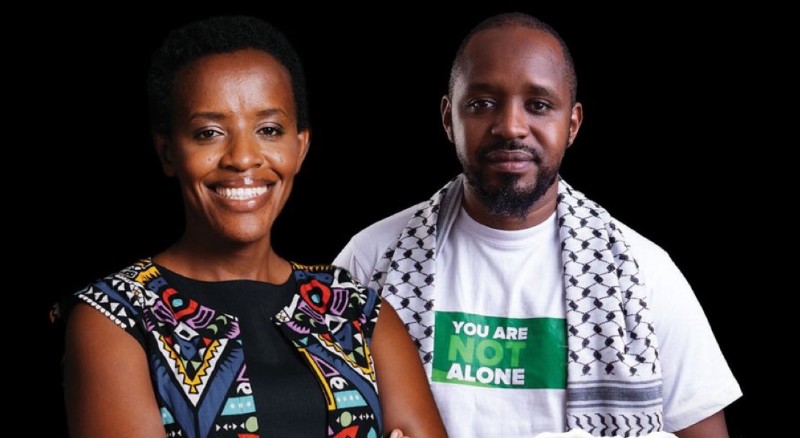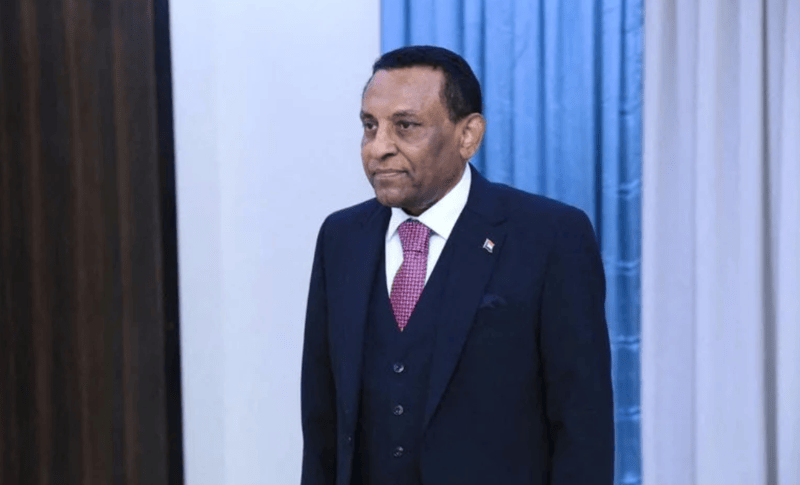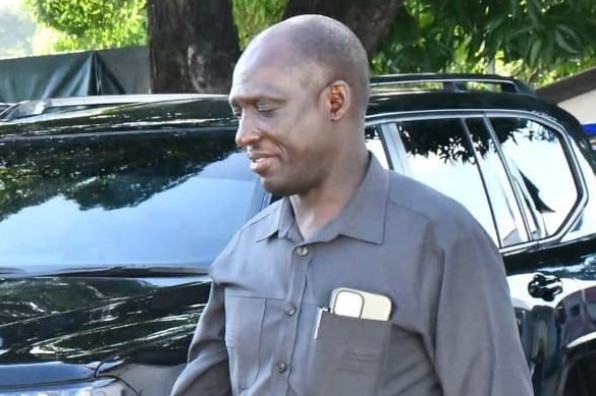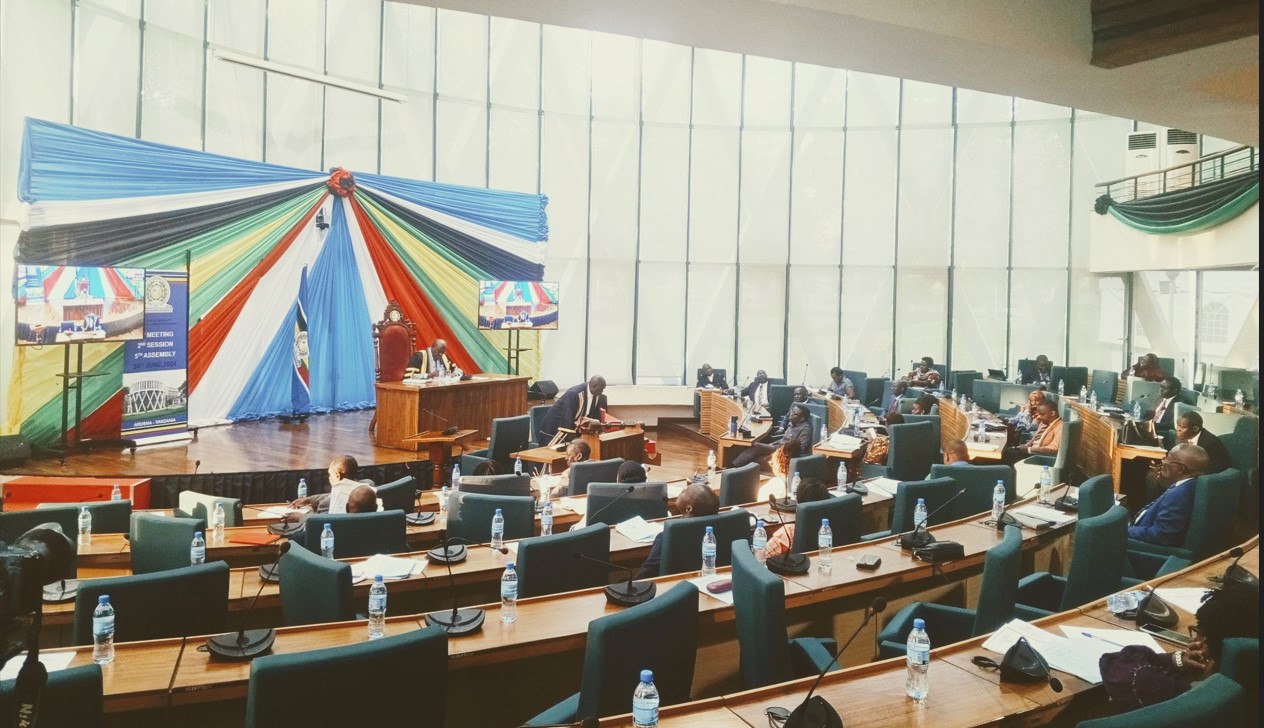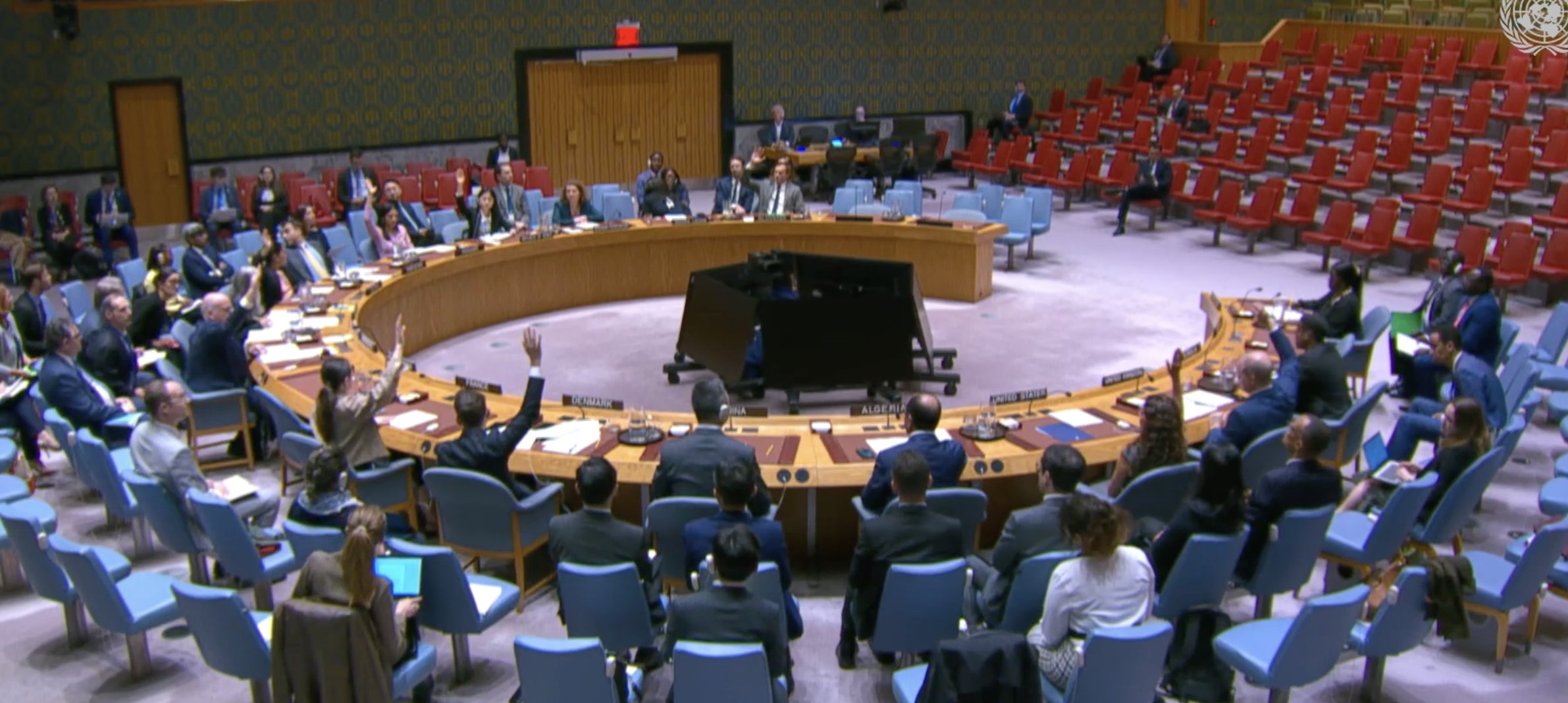Haitian economist takes over as transition president in friendly ceremony

Jean took over from architect Leslie Voltaire in a friendly ceremony, following a more fraught transition in October when the first president refused to sign the transition decree over an unresolved corruption scandal.
Haitian economist and former central bank chief Fritz Alphonse Jean took over the rotating presidency
of Haiti's transitional presidential council on Friday, taking the top executive role in a country battling a devastating conflict with armed gangs.
More To Read
- Haiti’s interim government loses control as gangs demand a seat at the table
- One year on: Kenyan-led Haiti Mission faces uncertain future amid logistical and funding crises
- 261 officers stranded as deployment to Haiti stalls due to lack of equipment, support
- UN forum renews calls for France to repay Haiti’s independence ‘ransom’
- Family of Kenyan police missing in Haiti accuses state of neglect
- One officer killed, two others injured in Kenya’s ongoing Haiti mission, CS Murkomen confirms
Jean took over from architect Leslie Voltaire in a friendly ceremony, following a more fraught transition in October when the first president refused to sign the transition decree over an unresolved corruption scandal.
Jean thanked Voltaire at a ceremony at the Villa d'Accueil, which is now serving as the government headquarters, instead of the National Palace in downtown Port-au-Prince that is the now site of frequent gun battles.
"Today our country is at war, and it is imperative we unite to win," he said in a speech, pledging a "corrective war budget" and to train more than 3,000 new police and army recruits this year to address endemic shortfalls in personnel.
The government spent some $227 million, or 9% of its 2024/25 budget, on the national police, according to U.N. data, though it remains underfunded and under-gunned.
A U.N.-backed mission, with approximately 1,000 mostly Kenyan troops, has partially deployed to Haiti to help boost police, but since its arrival gangs have continued to gain territory, forcing hundreds of thousands more from their homes.
Over 1 million people are now internally displaced, nearly 10% of the Caribbean's most populous nation.
Last month, the U.N. said in a letter seen by Reuters that Haiti's request for a more financially robust peacekeeping force is not considered feasible if it does not first substantially reduce gangs' existing control, but proposed a hybrid model to boost the scant voluntary security support received so far.
Jean also doubled down on a commitment to hold long-delayed elections by a February 7, 2026 constitutional deadline, a move encouraged by the United States but that critics fear could legitimize powerful gang leaders.
Voltaire said Friday's transition took place in "an atmosphere of mutual respect, friendship, solidarity and continuity."
Jean's term is set to run until August 7 this year, after which businessman Laurent Saint-Cyr is set to take over through to the February 2026 deadline.
Three council members, who are accused of corruption but retain their seats on the nine-member top executive council, continue to be excluded from the leadership agenda.
The transitional council, which was introduced in April last year and which has been marked by political in-fighting, has come under fire by various sections of society including the country's two top police unions for failing to address the violence.
Top Stories Today


